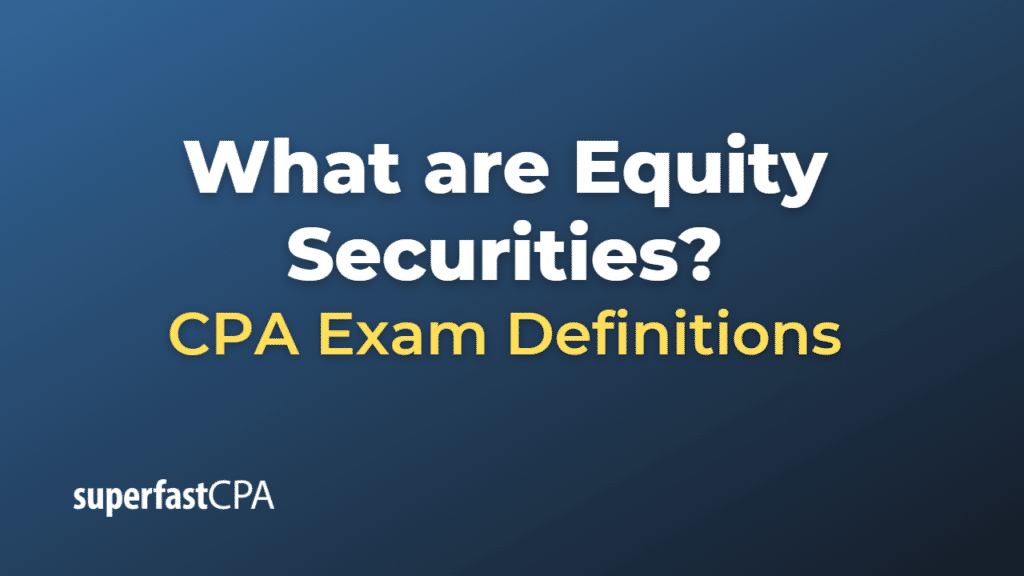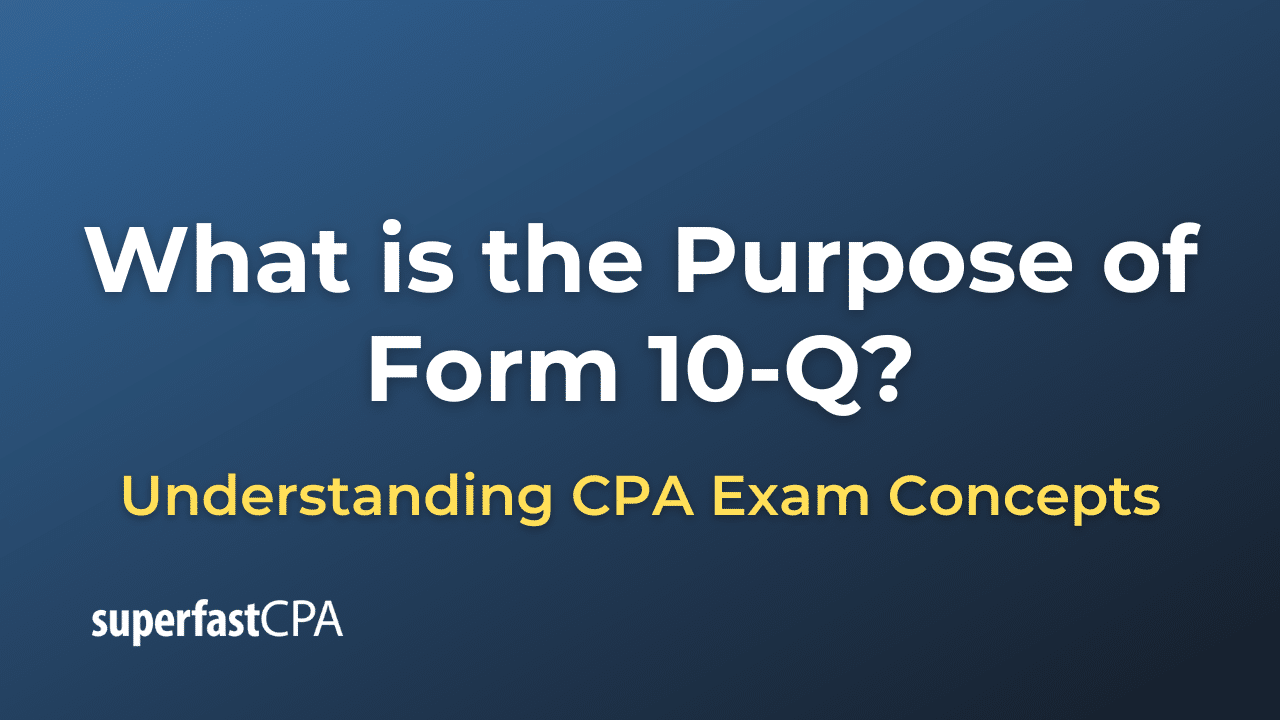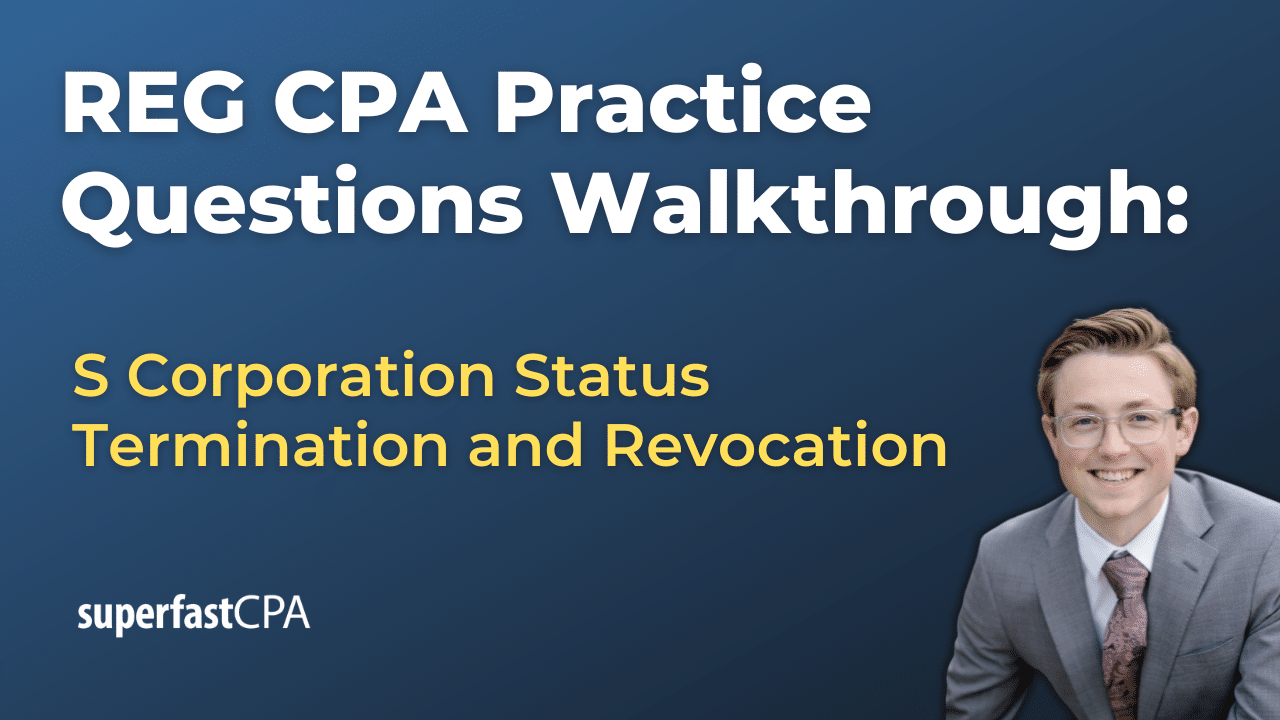Equity Securities
Equity securities, also known as equities or stocks, represent ownership in a corporation and confer part ownership of the company on the holder. The terms “stock”, “shares”, and “equity” are often used interchangeably in this context.
There are two main types of equity securities:
- Common Stock: Common stockholders have the right to vote on major corporate decisions, such as electing the board of directors and approving mergers or acquisitions. They may also receive dividends, which are a portion of the company’s profits distributed to shareholders. However, common stockholders are last in line to receive any remaining assets if the company goes bankrupt.
- Preferred Stock: Preferred stockholders have a higher claim on the company’s earnings and assets than common stockholders. This means they receive dividends before common stockholders, and they have a higher claim on assets if the company goes bankrupt. However, preferred stockholders typically do not have voting rights.
Equity securities are traded on stock exchanges and can be purchased by individual investors, institutional investors, and mutual funds. The value of equity securities can fluctuate based on a variety of factors, including the company’s financial performance, general economic conditions, and investor sentiment.
Investing in equity securities offers the potential for significant financial gains if the company performs well and its stock price increases. However, it also comes with the risk of losing the entire investment if the company performs poorly and its stock price declines.
Example of Equity Securities
Imagine there’s a technology company called TechCorp. TechCorp decides to raise capital by issuing equity securities to the public, a process known as an initial public offering (IPO).
TechCorp issues 1 million shares of common stock at a price of $10 per share. As an investor, you decide to purchase 100 shares, costing you $1,000.
By purchasing these shares, you now own equity in TechCorp. You have a stake in the company and stand to benefit if the company performs well. As a holder of common stock, you have the right to vote on certain corporate matters and might receive dividends if TechCorp decides to distribute part of its profits to shareholders.
Over time, suppose TechCorp does exceptionally well. Its innovative products are selling fast, and its profits are growing. As a result, the demand for its shares increases, driving the stock price up to $20 per share. Now, your initial $1,000 investment is worth $2,000 (100 shares * $20/share).
However, keep in mind the flip side. If TechCorp performed poorly, its share price might drop, reducing the value of your investment. This illustrates the risk and reward inherent in owning equity securities.
This is a simplified example, but it gives a general idea of how equity securities work and how investors can make or lose money by investing in them.














